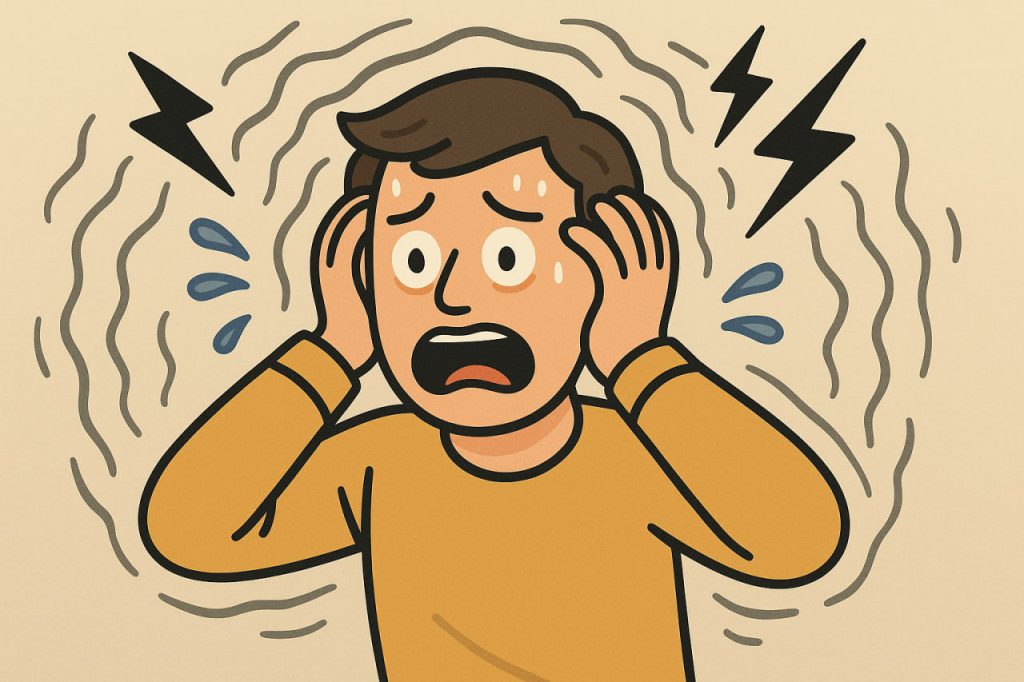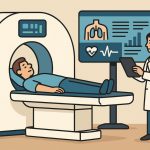Panic is an intense emotional and physiological reaction that arises suddenly, often without clear reasoning or proportional cause. It is characterized by overwhelming fear, loss of control, and a strong urge to escape a situation. Unlike ordinary stress or anxiety, panic is acute and can disrupt normal thinking and behavior. In evolutionary terms, panic once served as a survival mechanism, preparing the body to react instantly to threats. Today, however, panic often occurs in situations where the actual danger is minimal or absent.
Biological Basis of Panic
When panic sets in, the autonomic nervous system triggers the body’s “fight or flight” response. Adrenaline floods the bloodstream, causing rapid heartbeat, shallow breathing, sweating, and muscle tension. These physical symptoms intensify the emotional experience, creating a feedback loop that makes the panic feel uncontrollable. The brain’s amygdala, which processes fear, plays a central role in initiating panic, while the prefrontal cortex—responsible for rational thought—often becomes suppressed.
Psychological Triggers
Panic can be triggered by both external and internal factors. Crowded places, confined spaces, or stressful events may set it off. In some cases, panic arises spontaneously, without any clear trigger, which is common in panic disorder. Anticipatory fear—worrying about the possibility of panic—can itself provoke an attack. Traumatic experiences, phobias, or underlying anxiety conditions also increase vulnerability to panic episodes.
Social Effects of Panic
Panic does not only affect individuals but can spread rapidly within groups, leading to mass panic. Examples include stampedes in crowded events or widespread fear during emergencies. When people act without rational control, accidents and injuries often occur. Social panic can also emerge through misinformation, such as during financial crises or health scares. These collective reactions highlight how panic can destabilize communities and societies.
Consequences of Panic
On a personal level, repeated panic episodes can lead to avoidance behaviors, reduced quality of life, and social isolation. People may fear leaving home or entering certain environments. On a societal level, panic can cause economic losses, public disorder, and long-term mistrust in institutions. While short bursts of fear may sometimes save lives in true danger, chronic or misplaced panic usually causes more harm than protection.
Coping With Panic
Healthy coping strategies involve both immediate techniques and long-term management. Breathing exercises, grounding techniques, and focusing attention can help reduce panic in the moment. Long-term approaches include building stress resilience, therapy, and developing supportive social networks. Specialists emphasize that self-medication is not advisable—professional consultation is the safest path to understanding and managing panic.
Conclusion
Panic is a powerful emotional and physical response that once helped humans survive but now often arises in inappropriate or harmful contexts. It can affect both individuals and societies, leading to serious consequences if unmanaged. Understanding its biological roots, psychological triggers, and social impact helps reduce fear and promotes healthier ways of coping. With awareness and proper strategies, panic can be managed and its destructive potential minimized.
Glossary
- Panic – sudden, intense fear accompanied by strong physical and emotional reactions.
- Autonomic nervous system – part of the nervous system that controls involuntary body functions.
- Fight or flight response – body’s automatic reaction to perceived danger.
- Amygdala – brain structure involved in processing fear and triggering panic.
- Panic disorder – a mental health condition involving recurrent unexpected panic attacks.
- Mass panic – collective fear response spreading rapidly through groups of people.


